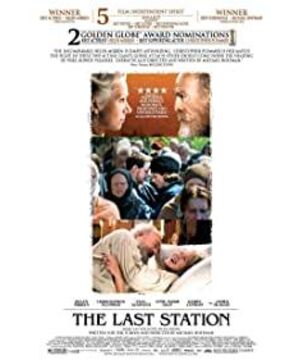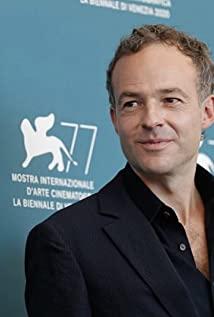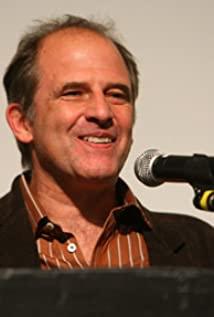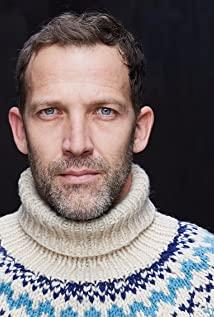Many Christians have been asked this question, because in the Sermon on the Mount, Jesus taught his disciples this way. And in the latest story I heard, the person who asked the question really waved his hand and slapped the pastor who came to preach, and he slapped the right cheek and then the left cheek. The pastor who was beaten was Gao Marta, who was once a The military officer instructor did not fight back after all.
This is not the most challenging instruction in the Sermon on the Mount. There is also: "Anyone who sees a woman has lust for her, and that person has committed adultery with her in his heart!" "If a person comes to me, if he doesn't love me more than If you love your parents, wives, children, brothers, sisters, and your own lives, you cannot be my disciple."...
Most people regard Jesus' words as a metaphor and do not really follow them literally; however, some Take it seriously, honestly, and work hard to follow Jesus' orders, just like Tolstoy.
"Sell all your share to the poor, and there will be treasure in heaven." So Jesus commanded the rich young officer who wanted to follow him. So Tolstoy released his serf, gave up his copyright, and began to deal with his huge real estate.
However, like every serious Christian, he encountered the pain and torture that is difficult to reconcile faith and reality. He gave up hunting, tobacco, alcohol, and meat, but he was reluctant to bear the piano and furniture. He transferred the property to his wife—he was unable to achieve the perfection and self-discipline he longed for.
In his book "Love and Hate", the biographer William Shearer described Tolstoy's three struggles: the struggle with his own writing difficulties, the struggle between desires and beliefs, and the "fight until he died" with his wife. . The latter two struggles are actually linked by cause and effect.
"Last Stop" shows Toon's last few months, and it is exactly the stage of "fighting" between him and his wife Sonia. The focus of the struggle is the copyright issue. As early as 1891, Tolstoy disregarded his wife’s opposition and declared to give up the copyright of all his works published after 1881; and in the summer of 1909 (the year before his death), he even drafted a will All copyrights are released. However, Sonia did not understand her husband's beliefs and practices. For her, the renunciation of copyright meant depriving her offspring of their rights. Sonia’s object of struggle was Chertkov, a Tolstoy protégé who was unscrupulous in order to win all the copyrights of Toon. Three days, one small noisy, five days, one big noisy day, finally forced the 82-year-old man to run away from home in the middle of the night, and finally died lonely in front of the noisy camera.
In the opening of the movie, the director quoted the words in "War and Peace": "Everything I know comes from love." This quotation, coupled with the lack of faith background, plus Shanghai Lun Miller's overly hard performance. The movie has been reduced to a woman’s hysterical expression of love and interest struggle; it also made many people sympathize with his wife and misunderstood Mr. Tuo, and then accused him of selfishness and hypocrisy: Since he opposes noble privileges, why is he still living in Da In the manor, let a large group of servants with white gloves wait on it?
The accusations that Toweng suffered for a hundred years after him were as sharp as those he faced when he was alive. The wife complained in the diary that he had never expressed love to her and the children, and his elder brother also said that his words and deeds were inconsistent, and his opponents challenged him: "You speak very well, but can you achieve what you believe? "
But Tolstoy is not hypocritical. "This great man who feels more tired of his reputation than anyone else" (Zweig) is actually so sincere that he can't deceive himself. He said: "Attack me, I do the same myself, but attack me instead of the path I follow, which is the path I pointed out to anyone asking questions. If I know the way home and I stumble Walking on it, isn’t that path less correct because I swayed from side to side?"
As a person who is deeply attracted by the gospel but also unable to realize Jesus' ideals, I fully understand Tolstoy's situation. However, as Philip Yang said, "The Sermon on the Mount forces us to realize the distance between God and us, and anyone who tries to shorten that distance by reducing demand will completely miss the bullseye"-Tolstoy ( And what his attackers missed is to grasp the grace of God in this long distance. Perhaps it was to make up for his regret that he failed to realize the ideals of the gospel in the world, Tolstoy portrayed a character like Nekhludolf ("Resurrection") in his later years to show his adherence to the path.
View more about The Last Station reviews











